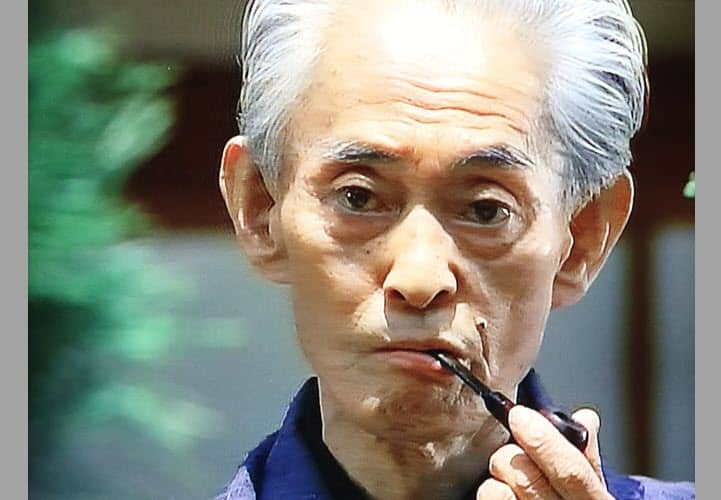Yasunari Kawabata (11 June 1899 – 16 April 1972) was a Japanese novelist and short story writer, widely regarded as one of the most important and influential Japanese writers of the 20th century. He was the first Japanese author to receive the Nobel Prize in Literature, which he won in 1968.
Life and Career
He was born on 11 June 1899 in Osaka, Japan. He entered the university in 1918 and graduated in 1924. While at the university, he was exposed to a wide range of literary influences, including traditional Japanese literature as well as modernist Western literature.
He was also involved in various literary circles and organizations, which helped to shape his literary style and career. After graduation, Kawabata became a full-time writer and began publishing his first works of fiction.
He is best known for his novels, which are characterized by their spare, elegant prose and their exploration of themes such as love, loss, and the transience of human existence.
Some of Kawabata’s most famous works include: “Snow Country” (1937), a novel about a love affair between a Tokyo businessman and a geisha in a remote hot spring town in northern Japan, “The Master of Go” (1951), a novel based on a real-life game of Go played in 1938 between a young challenger and an elderly master, which explores themes of tradition, modernity, and the passing of time, “Thousand Cranes” (1952), a novel about a young man who becomes involved with the complicated romantic lives of two women, one of whom is the daughter of a former mistress of his father, and “Beauty and Sadness” (1964), a novel about a love affair between a middle-aged writer and a young woman, which explores themes of art, beauty, and mortality.
He was also a prominent figure in the Japanese literary world and was involved in the founding of several literary journals and organizations. He was a member of the Japanese Academy of Arts and a recipient of the Order of Culture, one of Japan’s highest honors.
He died on 16 April 1972, in Kanagawa, Japan.
Award and Legacy
In 1968, he became the first Japanese author to receive the Nobel Prize in Literature, which recognized his “poetic force and clarity of vision” and his ability to “capture the essence of Japanese life.”
He also received many other awards and honors throughout his career, including the Order of Culture, one of Japan’s highest honors for cultural contributions.
His legacy is significant, both in Japan and internationally. He is considered one of the most important and influential Japanese writers of the 20th century, and his works continue to be widely read and studied today. His spare, elegant style and his exploration of themes such as love, loss, and the transience of life have had a lasting impact on Japanese literature and culture, and his writing has been translated into many languages, making it accessible to readers around the world.

